8 Mind-Blowing Psychological Facts That Will Change How You See Human Behavior Forever.
Dec 26, 2023 · 2 mins read
0
Share

The human mind and behavior are still a mystery. I still wonder how some behaviors are so obvious and systematic and even if we know that we are going to be tempted or follow a certain pattern, or make a mistake, most of us still end up doing it.
Save
Share
Psychology delves into the complexities of the human psyche, unraveling mysteries that shape the way we think, feel, and interact with the world around us. Based on rigorous scientific research and keen observations, these facts provide insights into our mental processes.
Save
Share
1. Confirmation Bias: People tend to seek and favor information that confirms their existing beliefs or values, even if that information is not objectively accurate. It is human nature to see what we want to see and to close our eyes to what we don't want to see.
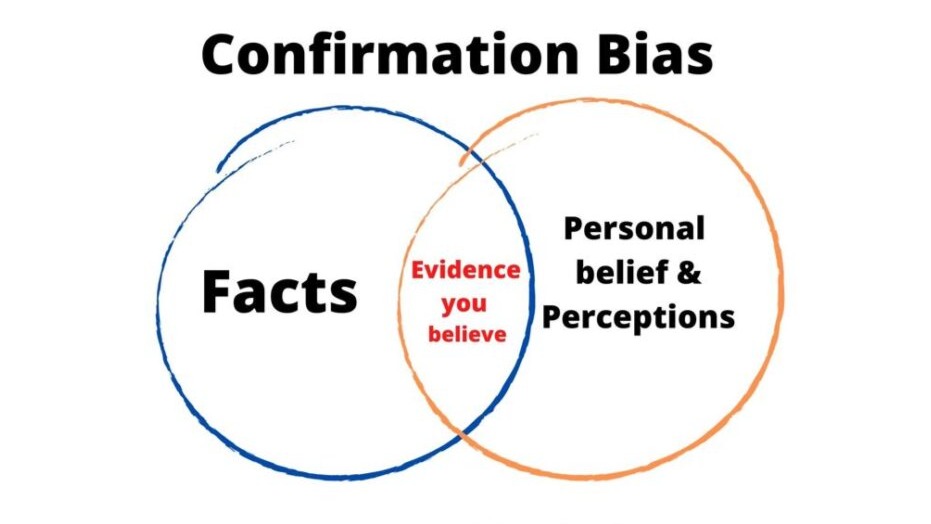
Save
Share
2. Herd Mentality: People make decisions about what is correct based on what others think is correct. Using the opinions of others is another strategy for decreasing the need to think to make our own conclusions. It also puts people at risk of being manipulated.

Save
Share
3. Recency Effect: The tendency to remember and give more weight to recent events or information influences perceptions and decision-making. Political parties know this that is why the major developments we see around us are near the elections.
Save
Share
4. Anchoring Bias: The first piece of information encountered (the "anchor") heavily influences subsequent decision-making, even if the anchor is irrelevant or arbitrary.
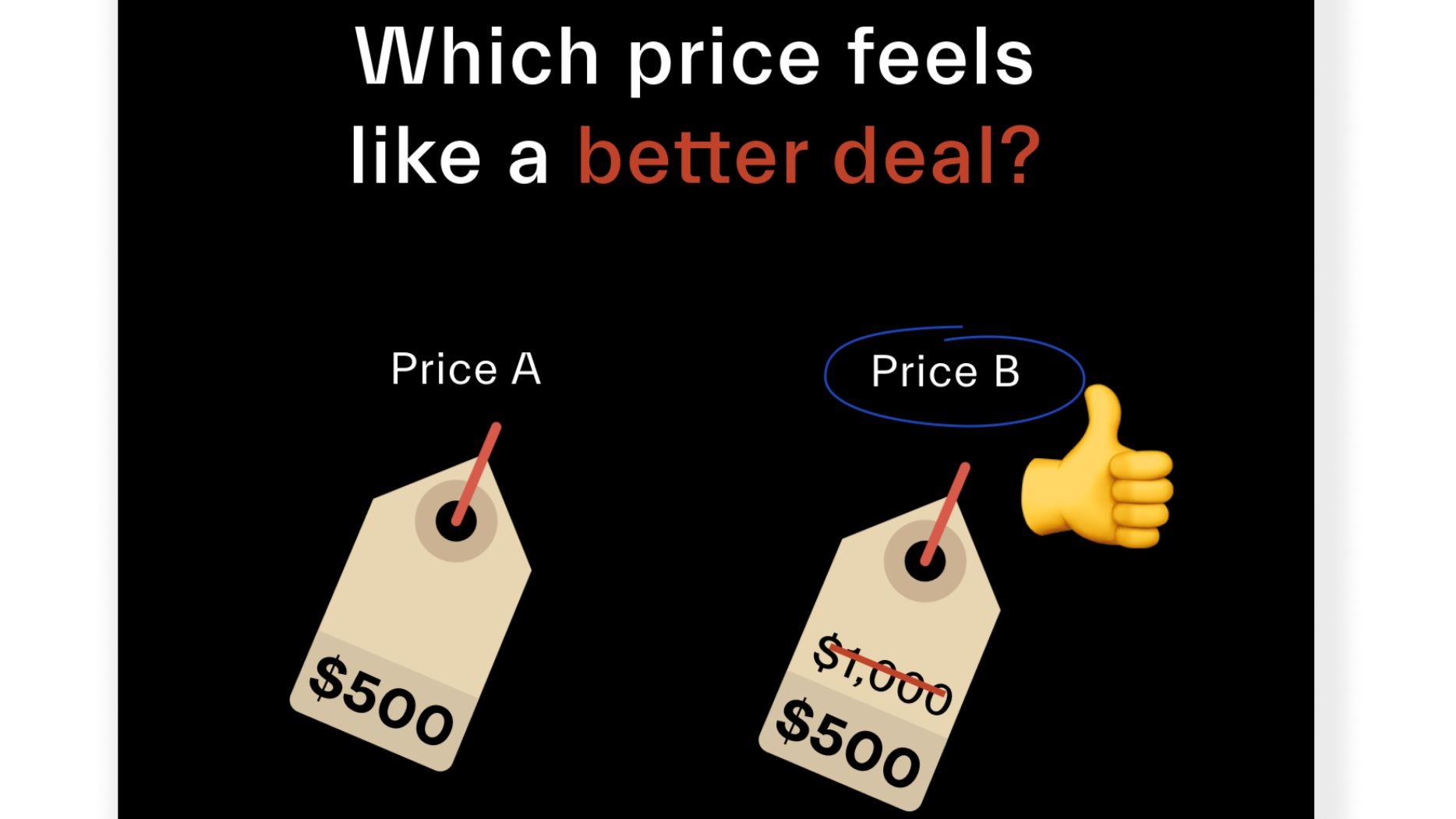
Save
Share
5. Self-serving Bias: We attribute positive events to our own character but attribute negative events to external factors, protecting our self-esteem. We feel comfortable criticizing others for what they did wrong and exaggerating our minor positive activities.
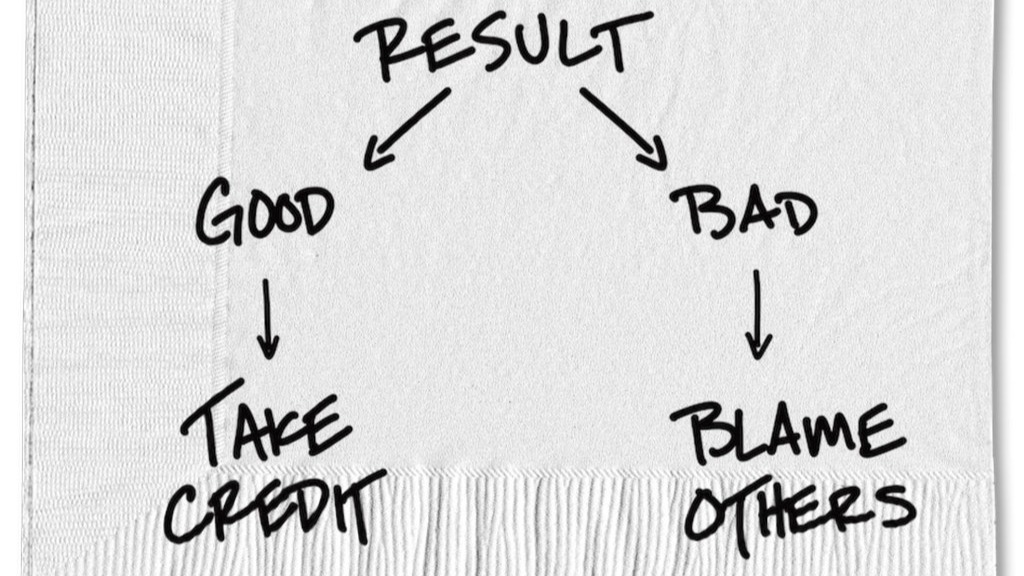
Save
Share
6. Halo effect: We automatically assign favorable traits to good-looking people such as kindness, honesty, talent, and intelligence. We like people who are similar to us whether the similarity is in the area of opinions, personality traits, background, or lifestyle.
Save
Share
7. Loss Aversion: People tend to prefer avoiding losses rather than acquiring equivalent gains. The fear of losing something often has a more significant impact than the potential for gaining something of equal value.
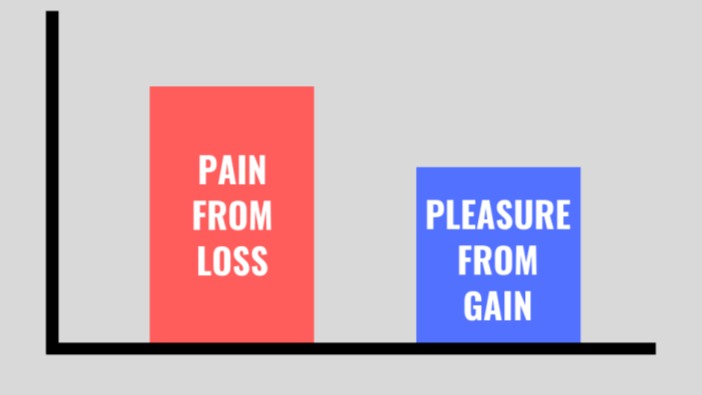
Save
Share
8. The Dunning-Kruger Effect: People with low abilities in a particular skill or task mistakenly believe they are highly competent. They lack the knowledge to recognize their incompetence, leading to overconfidence.
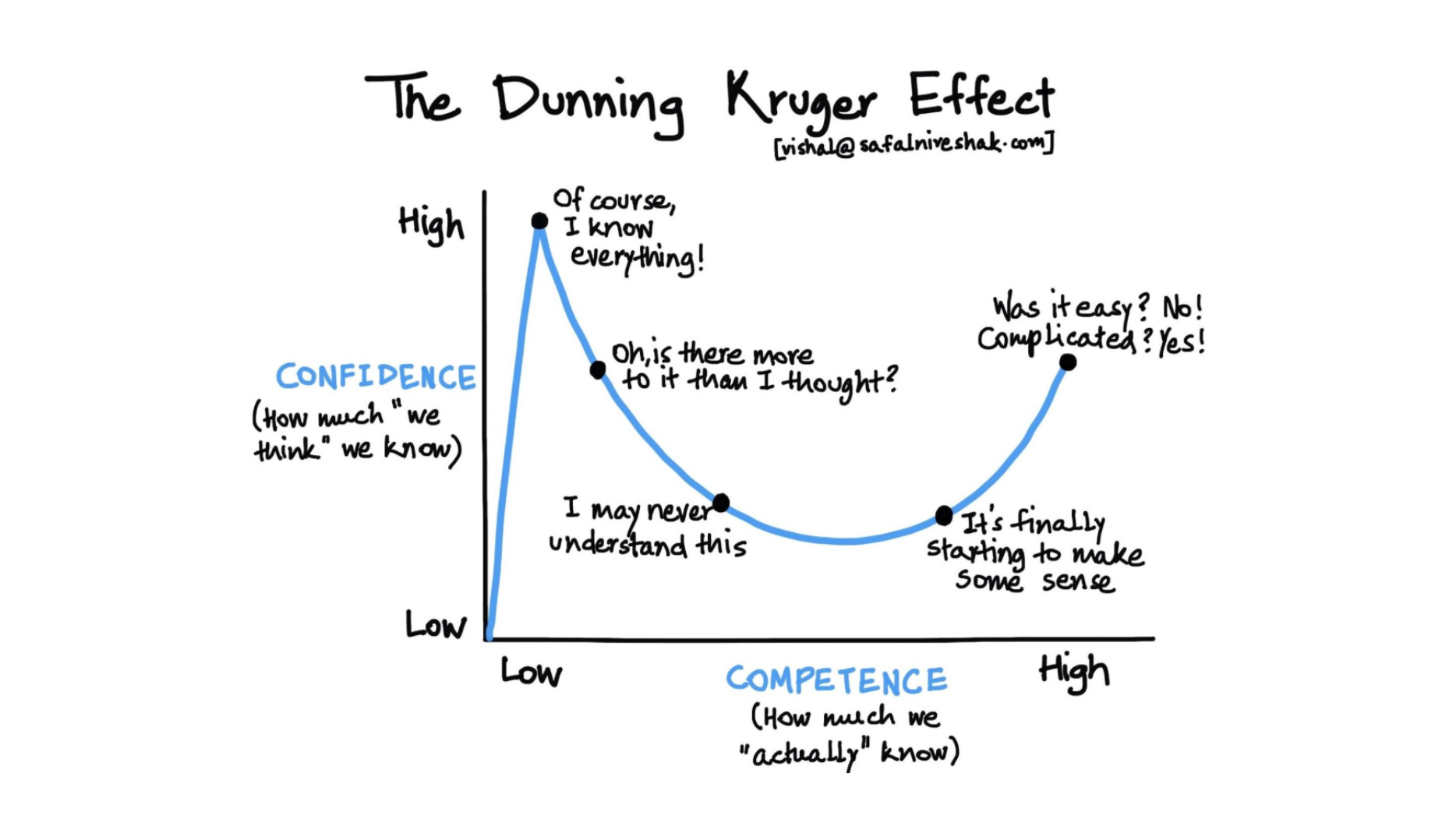
Save
Share
0